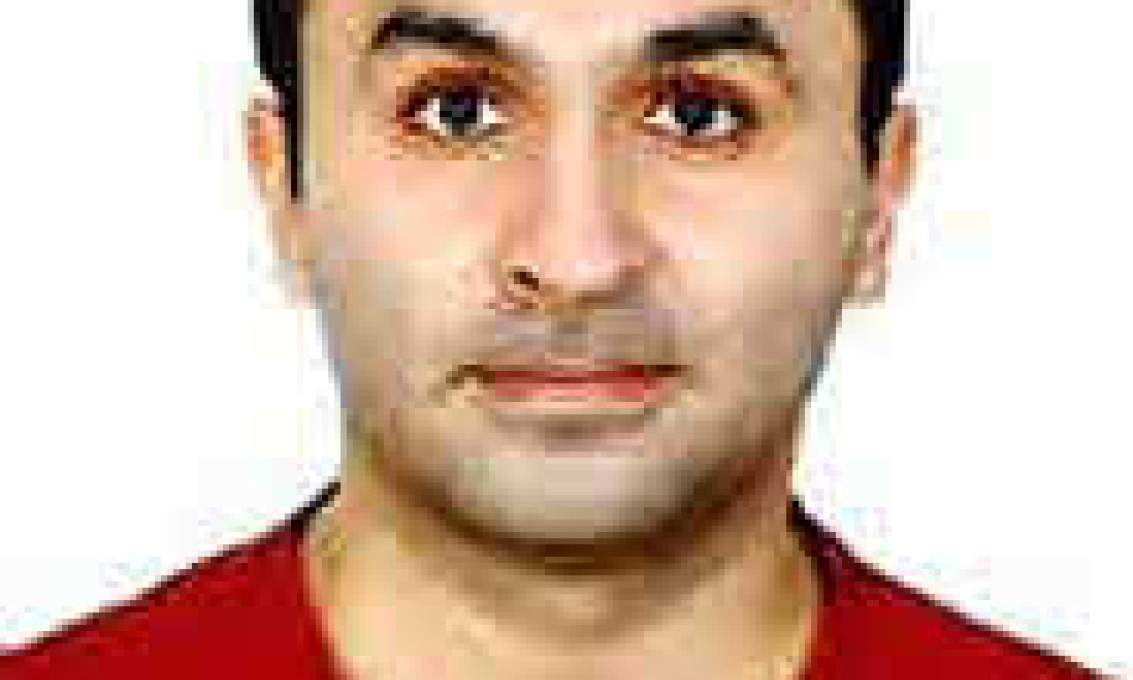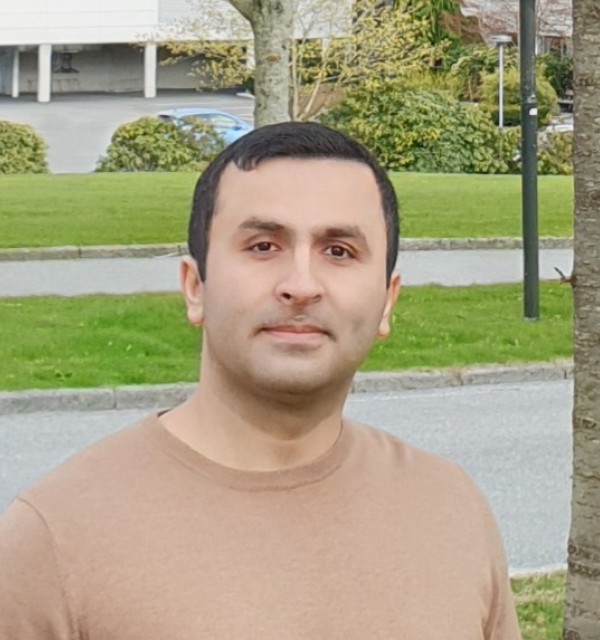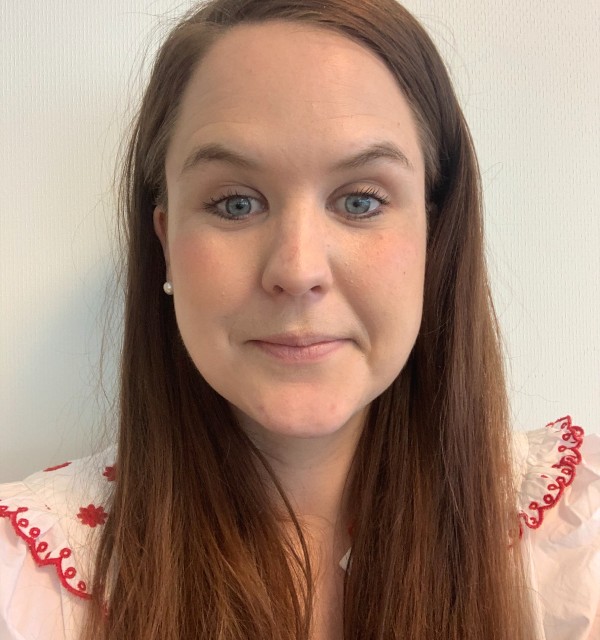This course introduces the concepts and challenges associated with the implementation of CO2 Storage in geological porous media (depleted gas fields and saline aquifers). The focus is on key aspects of CO2 storage (storage capacity, injectivity, trapping mechanisms and containment), , storage site selection , well planning and integrity , monitoring regulations and CO2 utilization.
5
Master
Online
English
16.09. 2024
15.08.2024
9500 NOK+ semester fee+ literature
In this course you will learn about the key aspects, components, technologies and designs involved in the implementation of Carbon Capture and Storage (CCS) technology
Content

Climate change and the increasing release of greenhouse gases into the atmosphere have led to many discussions about possible solutions for phasing out fossil fuels, which are currently the main source of energy. Although several alternatives such as geothermal, wind and solar energy have been proposed, their dependence on geological locations and intermittency has raised many challenges for meeting energy demands. This has led to the development of a mixed energy society where carbon capture and storage (CCS) technology can be deployed to reduce greenhouse gas emissions and enable the use of low-carbon fossil fuels such as gas to fulfil energy needs. This course explores the details of CO2 storage as one of the major components of CCS technology and provides an in depth understanding of the key aspects, components, technologies, and designs required to fully implement geological storage in different regions.
The course will be set up as long as there is a sufficient amount of applicants



